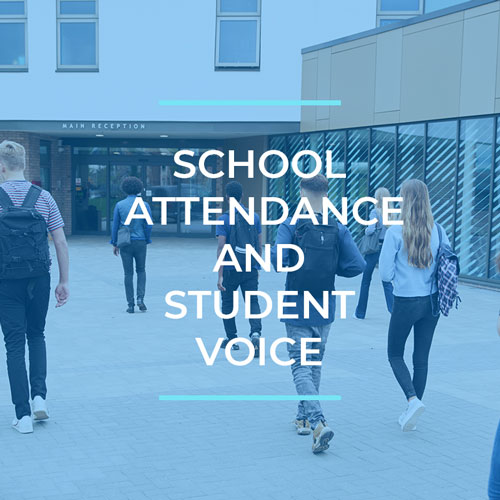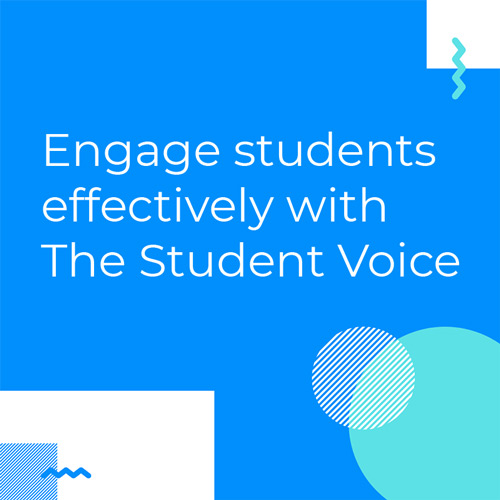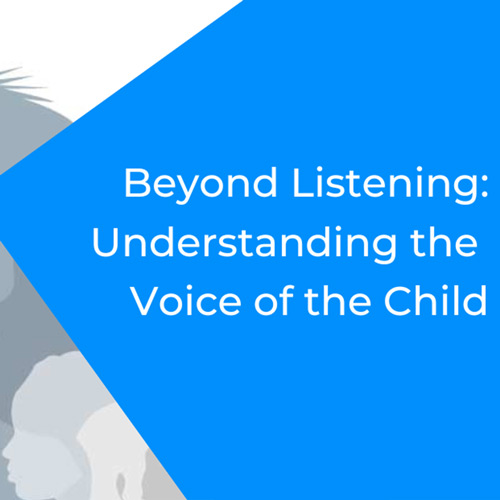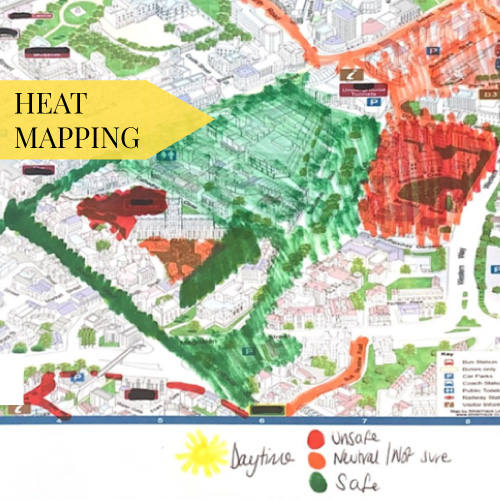Embed Ethics and Values Into Safeguarding Practice:
Contextual Safeguarding and The Student Voice
GROWTH MINDSET
“Safety and security don’t just happen they are the result of collective consensus and public investment. We owe our children, the most vulnerable citizens in our society, a life free of violence and fear.”
Nelson Mandela
Are the interventions we put in place to keep young people safe effective?
How can we continually learn and grow from the experiences of young people?
To understand if our interventions are effective, we need to have real time feedback coupled with a growth mindset that allows us to appreciate and understand that our interventions may not always be effective.
Black Box Thinking
In his book, Black Box Thinking (2015) Matthew Syed compared and contrasted the attitudes and responses to failure within the airline industry and the healthcare sector. In both sectors there are potentially disastrous consequences when mistakes occur, and yet approaches differ greatly.
Get this blog series sent straight to your inbox each week.
In the airline industry every plane is fitted with a black box which provides an accurate record of every action and conversation which takes place on the flight deck, and from which it is possible to determine the exact cause or sequence of events leading up to any incident.
Within the healthcare sector however, Syed reported a very different approach. Here, Syed argued, there was far less transparency, less willingness to learn from mistakes and share lessons with colleagues.
How schools can lead by example with a growth mindset
While the world of healthcare may have moved on its approach to learning from mistakes since Syed’s book was published in 2015, the promotion of the value of having a growth mindset is central to effective safeguarding.
Serious case reviews are an inherent and fundamental aspect of safeguarding practice that focus on specific and often sad and unfortunate times where serious harm has taken place. Further, there is on-going research as to more universal risks to safety that can be illustrated by the data produced referred to in our blog about courage.
However, those safeguarding leaders, with “boots on the ground”, do not have the luxury of a case review or waiting for research reports or data analysis. By the time a serious case review takes place, or a report is published significant harm may have already taken place and it may well be that we were not fully aware of the success of our safeguarding mitigations.
The Student Voice has the capacity to be our proactive and real time black box. The tracking features available in The Student Voice contextual safeguarding tool allows us to understand if the interventions we put in place are keeping young people safe through soliciting their feedback in a real time and ongoing manner.
Working to mitigate and lessen the chances of a “plane crash” through adopting a growth mindset that frees us to listen, learn and grow from the voice of our young people on an ongoing basis surely has to be our raison d’être…
Written by Jason Tait, Director of Pastoral Care and Designated Safeguarding Lead at TASIS The American School in England and Co-Founder of The Student Voice





